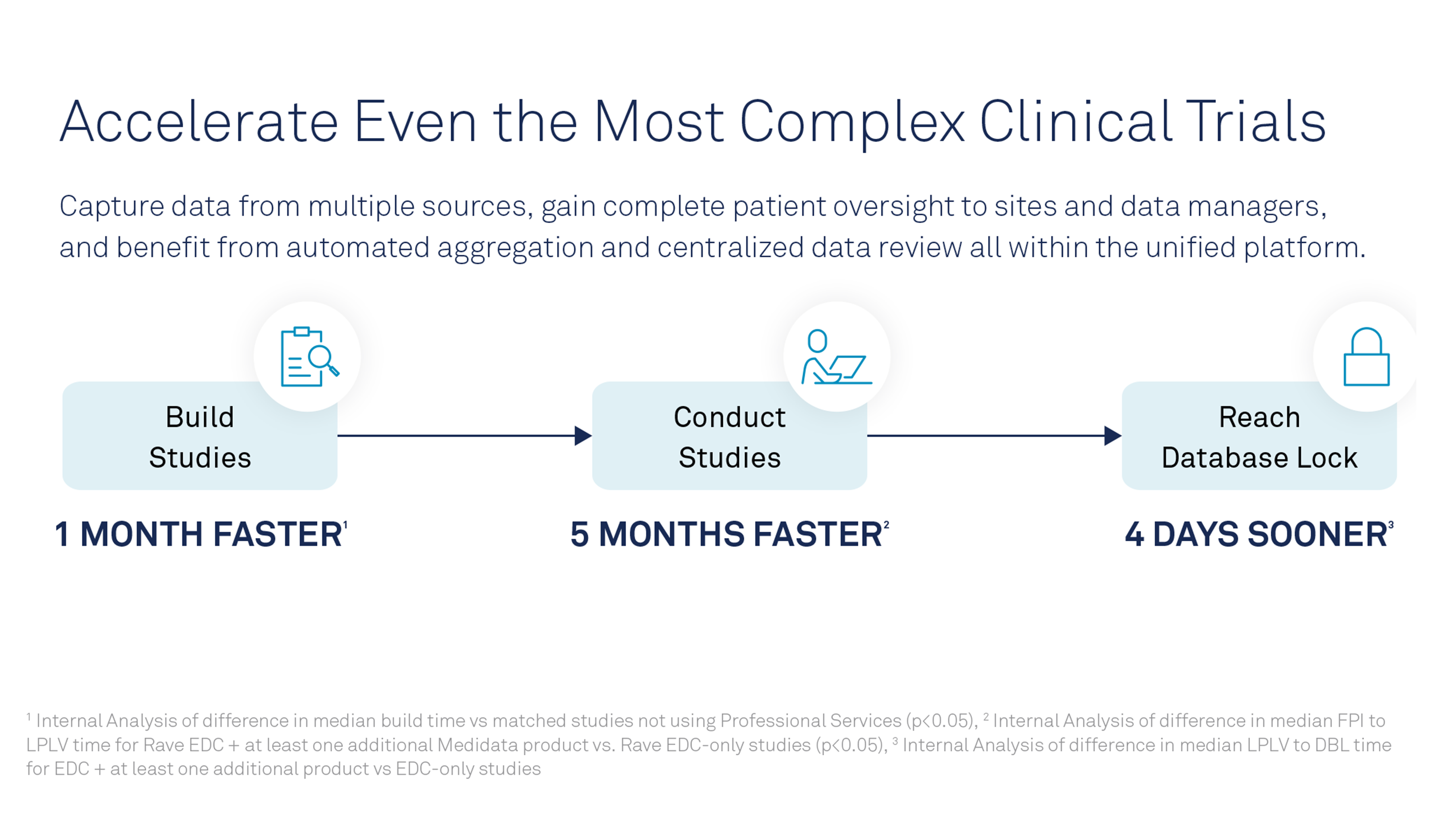Ycanth (cantharidin) topical solution, developed by Verrica Pharmaceuticals Inc., has received US Food and Drug Administration (FDA) approval for treating molluscum contagiosum in adult and pediatric patients aged two years and older in the US. Formerly known as VP-102, Ycanth is the first cantharidin formulation approved for this purpose.
Verrica, a company specializing in dermatology therapeutics, has designed Ycanth to be delivered through a single-use applicator. This enables healthcare providers to precisely direct topical dosing to the affected area every three weeks as needed.
“We are proud to bring patients and caregivers the first FDA-approved treatment for molluscum, which is one of the largest unmet needs in medical dermatology,” commented Ted White, Verrica’s president and CEO in the company’s news release.
“Verrica is the first company to develop a proprietary applicator and GMP [good manufacturing practice] formulation of cantharidin that allows a safe, effective and precise topical administration, and the first company to successfully gain FDA approval after conducting rigorous clinical trials to evaluate the safe and effective use of a cantharidin-based product for the treatment of molluscum,” continued White.
He also thanked the 500 patients, caregivers, investigators and healthcare professionals involved in the Phase III trials and stated that Verrica’s commercial team is actively preparing for the product’s commercial launch in September 2023.
XTALKS WEBINAR: Combination Products: Critical Steps to Successfully Accelerate Time-to-Market
Live and On-Demand: Wednesday, September 27, 2023, at 11am EDT (4pm BST/UK)
Register for this free webinar to learn how to develop a clear and comprehensive plan to succeed in combination product development.
What is Molluscum Contagiosum?
Molluscum contagiosum is a benign, superficial skin infection caused by the molluscum contagiosum virus, a type of poxvirus. This condition is marked by the appearance of small, raised lesions known as mollusca, which usually develop on the body. Typically benign, these lesions often resolve without leaving scars.
The lesions are white, pink or flesh-colored and commonly feature a dimple or pit in the center, often giving them a pearly appearance. They vary in size, ranging from as small as a pinhead to as large as a pencil eraser (2 to 5 mm in diameter). These lesions may become itchy, sore, red or swollen, and attempts to scratch or forcibly remove them can lead to scarring.
Immunocompromised individuals are particularly vulnerable to complications and may develop larger lesions.
Transmission of the molluscum contagiosum virus occurs through direct person-to-person contact or via contaminated objects known as fomites. In the context of molluscum contagiosum, this includes items such as clothing, towels, bathing sponges, pool equipment and toys. Proper hygiene and caution with shared items can help prevent the spread of this common skin condition.
How Does Ycanth Work?
Ycanth is a specialized drug-device combination that includes a GMP-controlled formulation of cantharidin, making up 0.7 percent of the solution by weight per volume. This is administered via a single-use applicator, which allows for both precise topical dosing and targeted delivery to the affected area.
The therapeutic efficacy of Ycanth stems from its main active ingredient, cantharidin. This vesicant, or blistering agent, is naturally produced by beetles belonging to the order Coleoptera. Once applied, cantharidin is absorbed by the lipid layers of the epidermal cell membranes. It then activates enzymes known as neutral serine proteases, which are responsible for protein degradation. This activation leads to a series of cellular events that result in blistering and a nonspecific breakdown of skin structures, known as lysis, or the disintegration of intercellular bridges.
Interestingly, this entire process unfolds within the epidermal layer of the skin, ensuring that the lesions heal without leaving any scars. Ycanth’s unique formulation and targeted delivery make it an innovative treatment option for certain skin conditions, capitalizing on a naturally occurring biological process to achieve therapeutic effects.
Efficacy and Safety of Ycanth
The effectiveness of Ycanth was evaluated in two randomized, double-blind, placebo-controlled Phase III clinical trials, identified as Trial 1 and Trial 2. Participants in these trials ranged in age from two to 60, with a median age of six. Most patients underwent a single 24-hour dermal administration of Ycanth or a placebo for each lesion, with treatments repeated every three weeks for up to four sessions.
Trial 1 involved 266 participants and reported complete clearance of lesions in 46 percent of those treated with Ycanth, compared to 18 percent in the placebo group.
Trial 2 involved 262 subjects and showed complete clearance in 54 percent of the patients receiving Ycanth, as opposed to 13 percent in the placebo group.
Both trials demonstrated no severe adverse reactions. The potential adverse reactions associated with Ycanth’s topical use may include vesiculation, pain, pruritus (itching), scabbing, erythema (redness), discoloration, application site dryness, edema (swelling) and erosion. Additionally, cantharidin, the active ingredient in Ycanth, can be toxic if ingested.
Another important safety consideration is that Ycanth is flammable, even after drying. Therefore, care must be taken to avoid fire, flames or smoking near the lesion(s) during treatment and after application until the product has been removed.
Another Promising Candidate for Molluscum Contagiosum Treatment
While Ycanth has achieved the distinction of becoming the first FDA-approved treatment for molluscum contagiosum, it’s not the only candidate showing promise in the field. Another noteworthy contender is Novan Inc.’s berdazimer gel, containing 10.3 percent of the active ingredient SB206.
After successfully completing Phase III clinical trials for the treatment of molluscum contagiosum, the new drug application for SB206 has been submitted to and accepted for review by the FDA. The agency has set a target date of January 5, 2024, to decide on whether to approve the application.
This development represents a potential advancement in the treatment of molluscum contagiosum, further expanding the options available to healthcare providers and patients seeking effective therapies for this common skin condition.












Join or login to leave a comment
JOIN LOGIN